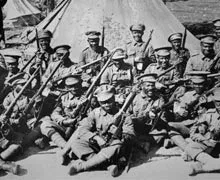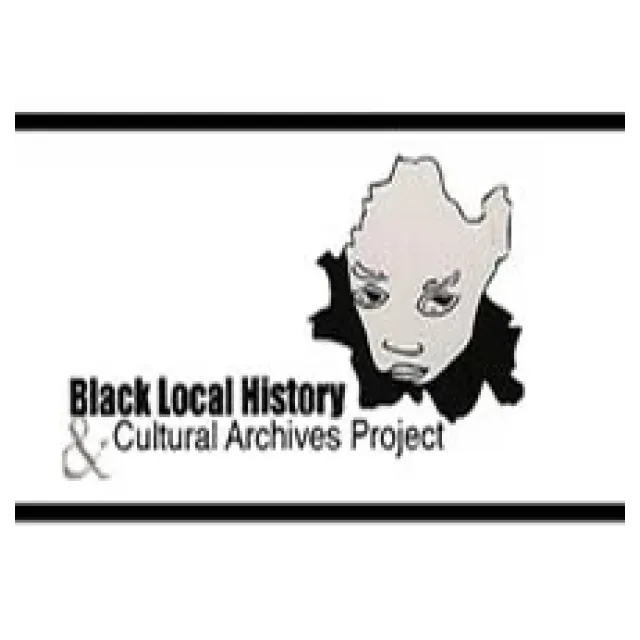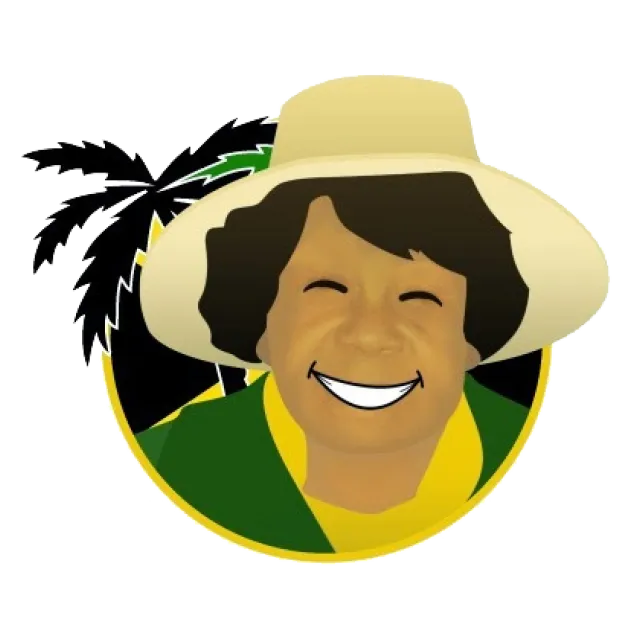Black Service in the British Armed Forces: A Legacy of Courage and Commitment
Throughout history, Black men and women have served with distinction in the British Armed Forces. Often overlooked in mainstream narratives, their courage, skill, and resilience have been instrumental in shaping Britain's military history. From the 18th century to the present day, Black servicemen and women have contributed not only on the front lines, but also in essential support roles that sustained military campaigns across the globe.
Early Involvement and the Napoleonic Wars
Black soldiers have served in British forces since at least the 18th century. During the Napoleonic Wars (1803–1815), soldiers of African and Caribbean heritage served in regiments such as the West India Regiment, established in 1795. This unit was composed primarily of formerly enslaved Africans and free men from the Caribbean, and it played a key role in Britain’s military campaigns across the Caribbean and West Africa.
The World Wars
In both World War I and World War II, thousands of Black men and women from Africa, the Caribbean, and Britain volunteered or were conscripted to serve the war effort. Despite facing discrimination and segregation, they took on vital roles:
- Frontline Service: Some fought directly in combat, particularly those from the British colonies. Notable examples include the British West Indies Regiment, which served in Egypt, France, and Italy during WWI, and units from Africa and the Caribbean who supported Allied forces in WWII.
- Support Roles: Many worked as engineers, drivers, medics, mechanics, radio operators, and logistics officers, ensuring that troops at the front were supplied, transported, and cared for. Their efforts were crucial to the success of the war effort.
- The RAF and Black Airmen: A number of Black servicemen trained and flew with the Royal Air Force during WWII. Men such as Ulric Cross (Trinidad), one of the most decorated Caribbean RAF officers, and Billy Strachan (Jamaica), who later became a civil rights advocate, broke racial barriers in the skies over Europe.
Post-War Britain and National Service
After WWII, many Black servicemen settled in Britain, contributing to its rebuilding and enriching its social and cultural landscape. Others continued their service through National Service or as career military personnel. Many of these veterans faced challenges in housing, employment, and civil rights, despite their dedicated service.
Recent Decades and Recognition
Black British citizens have continued to serve in all branches of the armed forces—Army, Navy, and RAF—often rising to senior ranks. Notable milestones include:
- Johnson Beharry VC, of Grenadian heritage, awarded the Victoria Cross in 2005 for extraordinary bravery in Iraq—the highest British military honour.
- Increased representation of Black and minority ethnic personnel in officer training, leadership positions, and peacekeeping missions around the world.
Legacy and Commemoration
The contributions of Black servicemen and women are increasingly being recognised:
- Memorials, such as the Windrush Monument and exhibitions at the Imperial War Museum, now highlight their roles.
- Educational programmes in schools and community projects are helping to ensure that their sacrifices are remembered and honoured.
Conclusion
The involvement of Black servicemen and women in the British military is a powerful testament to their patriotism, courage, and resilience in the face of adversity. Their service not only protected nations but also challenged institutional racism and paved the way for future generations. Their stories deserve to be celebrated as a vital part of both British military history and Black heritage in the UK.







